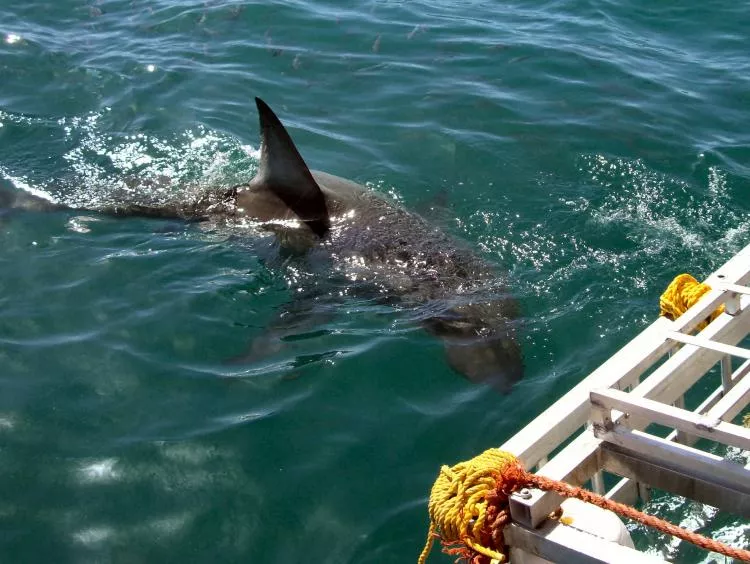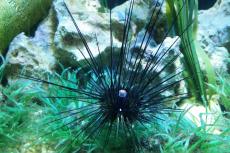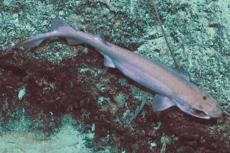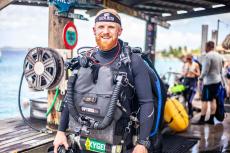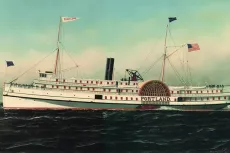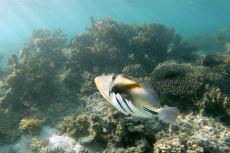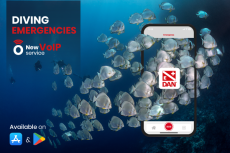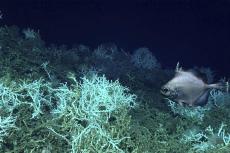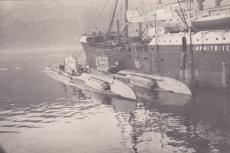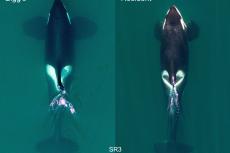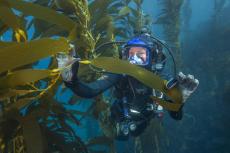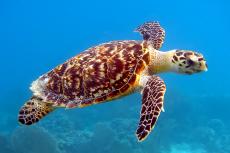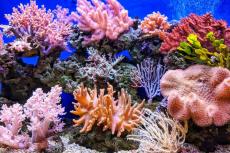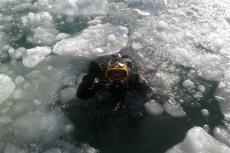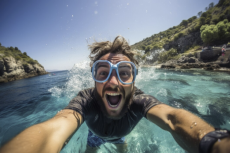Shark tourism becoming popular in Massachusetts
A growing shark population off Cape Cod shores has spawned a rising number of charter boat operators offering shark tours in a region where whale- and seal-watching excursions have long been popular.
Cape Cod's slow embrace of its shark reputation comes three summers after the popular vacation destination saw its first great white shark attacks in generations.
Businesses dreaded the negative perception seared into the public imagination by Jaws, the 1975 blockbuster movie about a man-eating great white shark that made its director, Stephen Spielberg, a household name.
But now a small but growing group of charter boat operators are offering great white shark tours in a region where whale- and seal-watching excursions have long been a tourist rite of passage.
Paul Niedzwiecki is the chief executive officer of the Cape Cod Chamber of Commerce, a nonprofit organization that promotes tourism and other business interests on Cape Cod. Cape Cod hosts about four million visitors a year, who bring in more than $1 billion in tourism spending and support thousands of jobs.
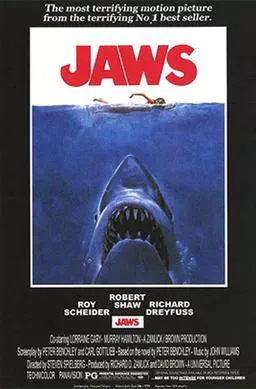
"When we started to see (great) white sharks become more prevalent several years ago, there was a concern that it might have a negative impact on tourism. But we've been working to educate people about sharks and having them be shark smart," Niedzwiecki told Associated Press.
"There’s no definitive tally for how much shark-related tourism contributes to the roughly 65-mile (105km) peninsula’s economy, but its growth is helping stretch the tourist season into the fall, as peak shark sightings happen in August and September."
Several years ago, there was a concern that it might have a negative impact on tourism. But we’ve been working to educate people about sharks and what we’ve actually seen is no negative impact.
— Paul Niedzwiecki, Cape Cod Chamber of Commerce
Finding sharks off the coast of Cape Cod is not hard, with some shark tour operators using the same methods that shark researchers use to find the predators: drones, or an overhead "spotter" plane, to locate sharks and direct their boats to them.
Shark researchers have also noted the increased number of sharks in the area. Researchers with the Atlantic White Shark Conservancy, have tagged more than 20 great whites so far this year, and the scientists still come across many untagged apex predators after a decade of pursuing them around the region.
“We’re still trying to figure out how many great white sharks there are along the Cape every year,” Maddie Poirier, ecotourism naturalist for the Atlantic White Shark Conservancy, told the Boston Herald. “We come across a lot of untagged sharks. There are a lot of sharks that we have identified through the underwater study that are not tagged, and there are a lot of sharks that we have tagged that we haven’t identified through video footage yet.”
Fact file
Atlantic White Shark Conservancy (AWSC) supports scientific research, educates the community, and improves public safety. AWSC is a nonprofit, tax-exempt charitable organization under Section 501(c)(3) of the Internal Revenue Code.


